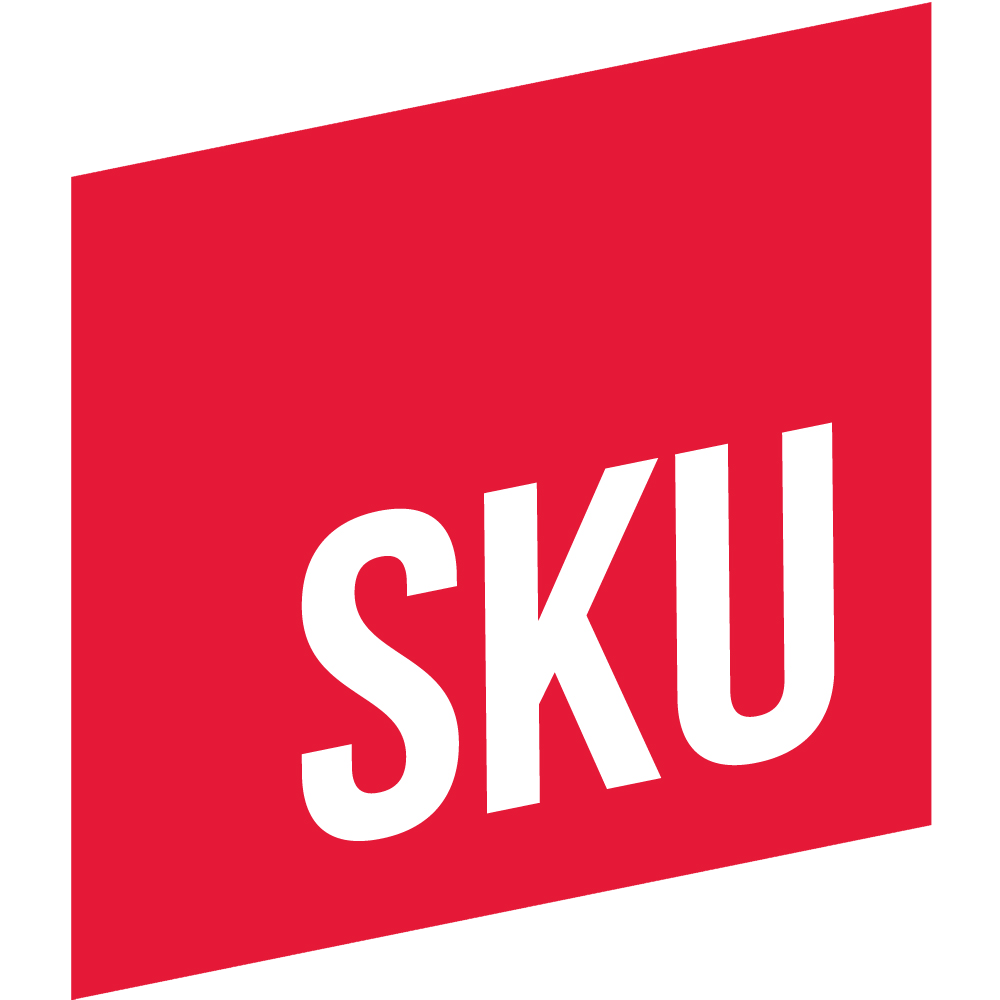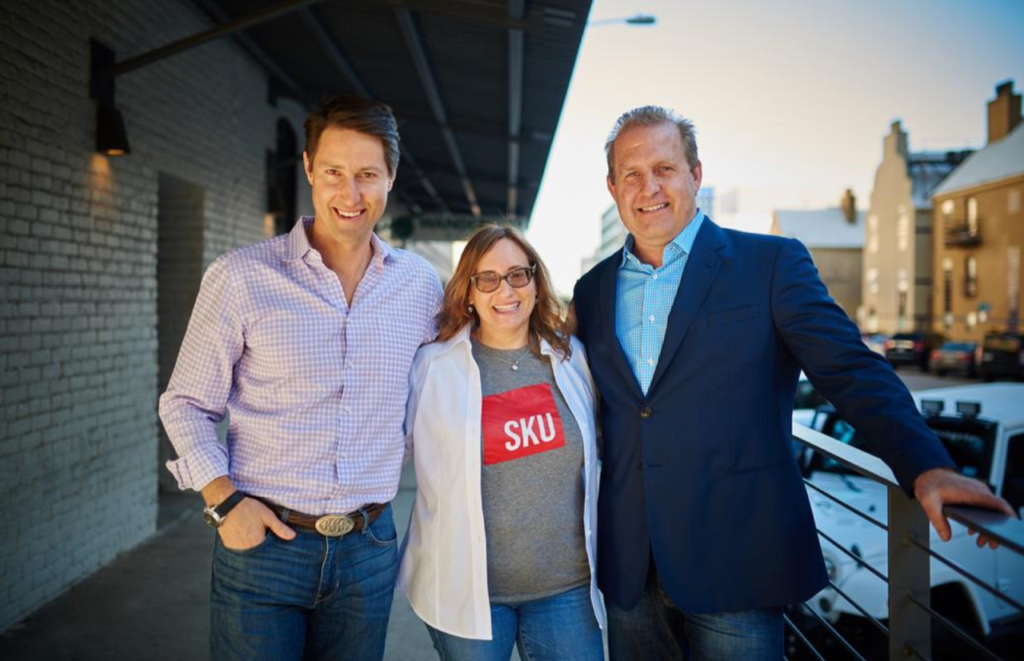
A decade ago, Austin was known for tech, live music and great barbecue (and our mighty Texas Longhorns). But a dynamic, fast-growing consumer-products industry was bubbling up under the radar, with larger brands as well as a wide range of emerging brands springing to life. Despite being home to Whole Foods Market – and with major success stories like the sale of Sweet Leaf Tea to Nestlé – CPG as an industry was not yet recognized by the city’s chamber of commerce.
Part of the challenge was that there was no consolidated community for CPG founders and their companies. But a group of entrepreneurs, including Clayton, Stubb’s BBQ Sauce and Rhythm Superfoods founder Scott Jensen were about to change that.
Like all savvy entrepreneurs, they created Incubation Station – an accelerator to provide the education, mentorship and networking to emerging brands – to fill that void. Over the years, Incubation Station became SKU. And SKU has expanded well beyond Austin to the Twin Cities, New York and DFW, attracting companies and mentors from around the country.
We sat down with Shari to talk about SKU and ts evolution.
Kirstin: What was the inspiration to behind Incubation Station?
Shari: As an attorney representing and growing multiple CPG companies, it was difficult to find industry experts, serial entrepreneurs and investors to mentor and fund these companies. So my firm decided to create an organization that would coalesce the ATX CPG community by bringing together a highly talented group of mentors and Investors to support growth of CPG in Austin.
I contacted Clayton to discuss what we intended to do and asked if he wanted to learn more. Accelerators were a new concept, and only a few existed nationally when we were founded. There was Y-Combinator and Techstars in its first few years, and all technology companies. The idea of creating an accelerator that gave you an MBA on your business was exciting.
The Key to Success: Finding Good Companies
Kirstin: How did you attract companies to the first track?
Shari: The hard part about getting the companies was where to find them. The answer was putting up flyers at Royal Blue Grocery, co-working spaces, sending the opportunity out into the Austin Entrepreneurial Ecosystem – Bootstrap Austin, Capital Factory. And then and now a lot of our companies came from our own mentors, and now alumni – people being contacted to help companies all the time.
Kirstin: Tell me about how you came up with SKU’s equity model?
Shari: When we started, we tried to create a model that gave us the feeling of a quasi-community company. We also wanted to make sure that the mentors were of the highest quality and who engaged with each other as much as they engaged with our Companies. We wanted everyone to learn from each other. And we wanted to create a real Community.
In order to do this, SKU mentorship was available by invitation only, and there is a membership fee. For that fee, you join our SKU Mentor group and share in a small fraction of the company equity. We told people we had no idea if the equity would ever be worth anything, but we thought it would be a great experience . Now, we have some highly successful companies and it became a good investment. But that was later in the game.
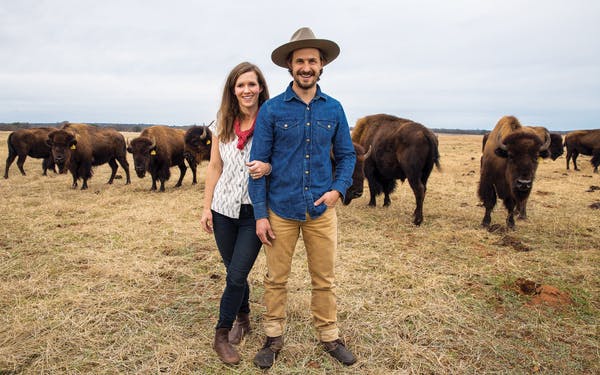
From Vegan to Meat
Kirstin: Incubation Station had some early successes. Can you talk a little about what it was like to see Thunderbird Bars lead to Epic Provisions?
Shari: I will never forget the interview for Katie and Taylor of Thunderbird. A bunch of us Mentors took a day or two to interview about 10 of the applicants. The “Thunderbird Kids” showed up and talked to us about the company – I think they had sold as much swag as bars at that time – and just made us all smile. I remember when they were asked a financial question and they thought he was being so tough. We just loved them and their story, and were so inspired to make it happen for them. And they are rockstars.
After the program, they raised a lot of money and secretly pivoted to the “meat bar” concept with EPIC. It was so smart and they were so savvy about it. And they kept their SKU Mentor team onboard for a long time.
A few years after Track 1, EPIC sold to General Mills for $100m. When they sold, it was so exciting for everyone. Katie and Taylor were clearly the reason EPIC was successful, but SKU was a part of their journey and I will always be proud of that.
Incubation Station becomes SKU
Kirstin: What prompted the name change from Incubation Station to SKU?
Shari: Face it, Incubation Station – we often joked it sounded like “Conjunction Junction, what’s your Function” from “Schoolhouse Rock: – is just not sexy. The SKU name and logo were created by Ben Ponder, who became the Executive Director for Track 4.
Kirstin: In addition to EPIC, what are some of the other dramatic pivots that you’ve seen?
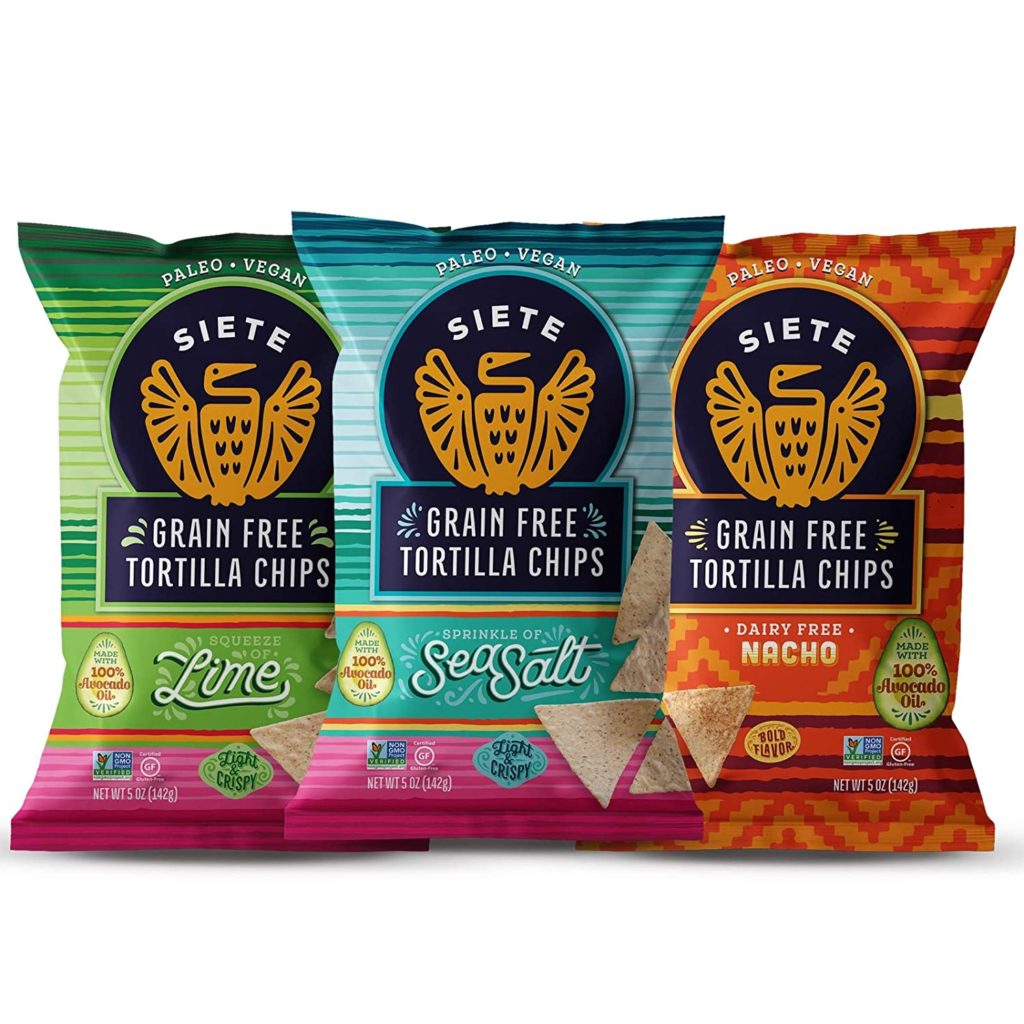
Shari: Siete Family Foods came into SKU as Must Be Nutty, and during the Track became Siete. Siete was an example of an inspirational family that had one product – gluten free tortillas – and became a game-changing company.
But overall, I would say it is not so much the pivots that are dramatic, but the development of innovators and their companies in and around SKU.
Kirstin: How has Austin’s CPG community changed since 2011?
Shari: We are a highly recognized, high-growth industry in Austin, the state of Texas and beyond. In the year or two after our founding, the CPG industry paradigm cratered, and big CPG realized that entrepreneurs could innovate products better than they could. And the natural trend was not a fad.
CPG now ranks as one of the Austin’s three fastest-growing industries. And the area’s CPG community continues to grow. Our SKU Board and community members brought Naturally Austin to the city two years ago
Kirstin: What has been the most rewarding thing about SKU for you?
Shari: My purpose in life is to love people in a powerful way and that has translated into helping people be successful. SKU does that for everyone that comes into its orbit.
Kirstin: What is one piece of advice you have for CPG founders that can increase their chance of success?
Shari: Find something you are inspired by and believe in. Know what you are good at and do it well. And surround yourself with smart, experienced people to make it happen.
